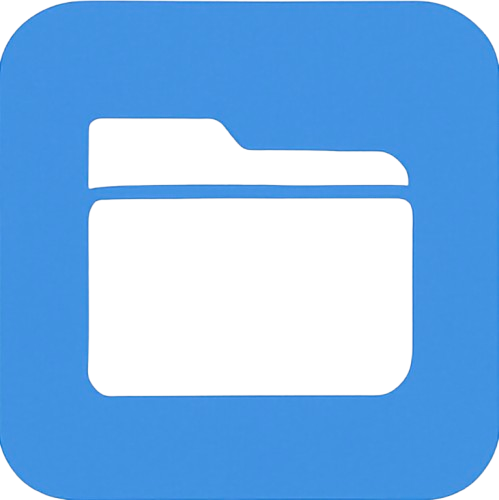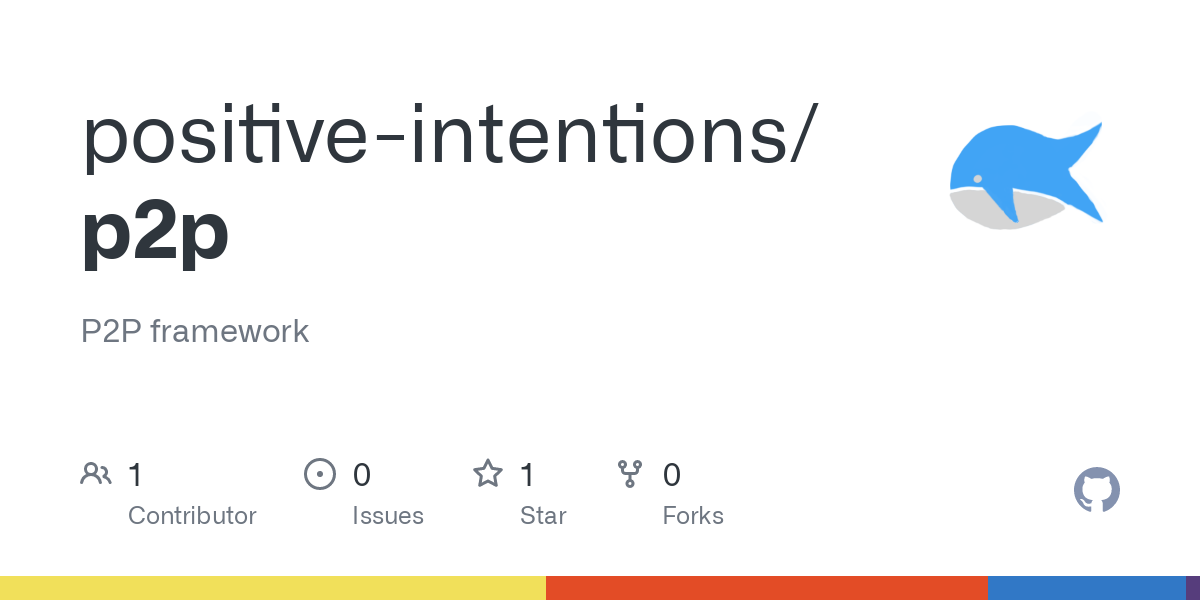- 8 Posts
- 13 Comments
It’s a webapp hosted on AWS S3. That can be shut down along with the domain. I’d like to improve the functionality I have for the cacheing, so that it doesn’t need to fetch the statics from online if it already previously fetched them.
The open source version has a mirror hosted on GitHub pages. You can fork it and run it yourself there for free: https://positive-intentions.com/blog/docker-ios-android-desktop#github-pages
No. When I type with “correct capitals”, it’s because I’m doing it from my phone. I otherwise generally might sound like chatgpt.
For me, it’s an achievement for it to be comparable to those tools. I aim to get to a similar feature set and make the user experience intuitive.
Just to be clear, my own open source code. Yes.
Strong title needed for strong claims.
Its based on open source code. https://github.com/positive-intentions/chat . I’d be happy for feedback on that too.
Webrtc would be able to outperform all other methods for transfer speed (useful for when sending larger files)
I’m sure there is a market for eople who want to transfer files. With a zero-installation, zero-registration, it should make it easy for people to get started.
Thanks for the empassioned speech/statement!
Perhaps you’d be interested in one of my open source projects. It’s a beefier version of the app presented in the parent post.
https://github.com/positive-intentions/chat
On the point about open source, it isn’t easy to pull off. I can confirm it isn’t the case that open-source be flooded with some kind of collective community review/support. It’s been an option for the chat app for a while and I’ve tried actively promoting it, it’s clear that the project is simply too complicated.
I’m a bit disappointed in how hard I tried on the open source project for it to not get the traction I wanted. To create somthing close-source and competitive in the file-transfer space is only logical at this point.
I’m sure with an enthusiastic speech like that, you’re doing your part for supporting the open source community. Unfortunately I couldn’t figure out how to get it to filter down to me.
I haven’t heard of Dibbles. Can you point me to their site?
Thanks.
I have a similar open source project. https://github.com/positive-intentions/chat
My general thoughts are that it isn’t sustainable. While it clearly isn’t a contender in the messaging-apps market, I think it demonstrates a unique concept in how it works as a webapp.
Nice! Can you tell me more about zero-knowledge encryption?
In my app I’m using asymmetric encryption to exchange a symmetric encryption key (Diffie-helman). I’m curious about other approaches for P2P authentication.
Thanks!
Here is the foss equivalent of this project: https://github.com/positive-intentions/chat
Unfortunately, open source isn’t sustainable. I’m investigating close-source as a way to create something competitive. My plan is to try to sell it on the Play store.
As for pairdrop, their approach to peer discovery relies on knowing the network you’re connected to. This makes it easy to find peers in cases where you use the same WiFi network. In mine I’m using WebRTC to allow connections over the internet. Peer discovery is achieved by using crypto-random IDs exchanged as a link or QR code.
Ultimately it’s worth noting my app is a work in progress. I hope I can update the UX to make the functionality as seamless as pairdrop.
This is using the WebRTC protocol. As a webapp it’s immediately good to go, there isn’t a need to run something like a FTP server.
Of course limitations apply like sending larger files nukes my ram… But I after it’s sent, it seems to settle down.
I’m trying to keep it vanilla. I’m using module federation (love it or hate it), to get it from this repo.







There are ways around using a central server to establish a p2p connection. It isn’t well explained or demonstrated, but the concept seems to work here: https://github.com/positive-intentions/chat/issues/6 … I’d like to explore this more with exchanging the required data over QR codes or NFC.
Simplex is a great approach for p2p communication. I can easily recommend it over what I have done so far. At the very least, it’s gone through things like a professional security audits and seem to keep a high standard in their practices.